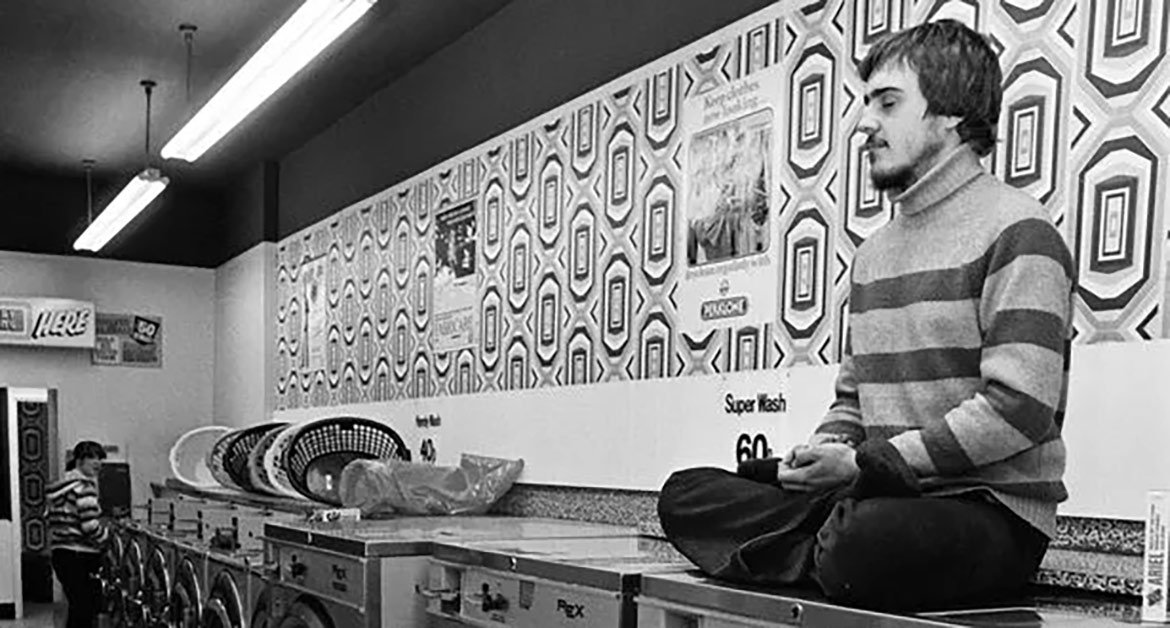
There was a time when almost every town in the UK had at least one laundrette, and at their peak laundrettes numbered between 12,500 and 14,000. Once dismissed as relics of a bygone era, launderettes are, in 2025, quietly reasserting their relevance, if not their numbers – down now to around 2,000.
The July report from the National Association of the Launderette Industry (NALI) confirms it: the spin cycle of decline has reversed, and the sector appears to be gaining fresh momentum.
The report says that there while the long-term decline continues, the rate of launderette closures has slowed significantly in the past 18 months. Meanwhile there has been a modest but notable increase in new launderette openings, particularly in urban areas, university towns, and regeneration zones. The sector has responded through diversified usage; a growth in service washes, duvet cleaning, and commercial contracts – Airbnb hosts, care homes, and hospitality sites – and it’s helping offset reduced footfall from traditional walk-ins.
Community value & regeneration potential
With domestic energy bills still biting, many households are reassessing the cost of home laundering. NALI has positioned launderettes as community assets, especially in areas facing high street decline. The report also cites examples of launderettes doubling as social hubs, training sites, and local employment generators. It encourages local authorities to consider launderettes in regeneration planning, particularly where they can serve vulnerable populations or support circular economy goals.
While there’s no definitive UK-wide consumer survey confirming a surge in domestic outsourcing, the Hatch Research report commissioned by the Textile Services Association (TSA) shows a sector-wide increase in processed volumes which now exceeds 75 million items each week and a turnover rise from £1.2 bn to £1.6 bn over five years. This growth reflects increased demand across both commercial and domestic fronts.
Launderettes after Covid: From utility to community
The recent history of the laundrette is interesting. During UK lockdowns, launderettes were classified as essential services, meaning they were legally allowed to remain open. This status was critical for vulnerable groups – those without home washing machines, NHS workers needing hygiene support, and people in temporary accommodation. Despite staying open, many launderettes saw dramatic drops in customer numbers – especially in urban centres where people avoided public spaces. According to sector reports and firsthand accounts, some operators experienced up to 90% loss in elderly footfall, and 50%+ revenue decline overall.
While the Covid-19 pandemic reshaped public behaviour some launderettes pivoted offering service washes, delivery, or community support. Post-pandemic, their role has expanded with the cost-of-living pressures making outsourcing laundry more attractive; damp and mould risks from indoor drying have renewed interest in public facilities; social isolation has made informal gathering spaces more valuable.
A striking example is the Boundary Estate Community Launderette in East London. When Tower Hamlets Council locked the doors in early 2024, over 2,100 residents signed a petition to reopen it. The launderette was described as a “lifeline”—not just for clean clothes, but for community connection, health, and dignity.
Meanwhile, social enterprises like Kitty’s Launderette in Anfield have shown how laundry services can be reimagined as inclusive, creative, and locally rooted spaces.
For regeneration leaders, the launderette sector offers a compelling blend of low-barrier entrepreneurship, sustainable service delivery, and community benefit. Machines may hum in the background, but the real story is human: local jobs, accessible services, and a sense of place.
Engineering the sector’s revival
Liver Laundry Equipment and Associated Liver Laundrettes Ltd, the largest operator of launderettes in the UK, has helped in this bounce-back. Managing director of both is Sharon Gamble, who also currently serves as chairman and treasurer of NALI. This dual role in providing cutting-edge laundry systems and shaping national strategy means we are a key player in the sector’s evolution.
Liver Laundry has helped modernise the industry by supplying energy-efficient machines and smart payment systems; supporting health and safety upgrades across independent launderettes; and advocating for the sector’s recognition in government and regulatory circles.
Our leadership has helped position launderettes not just as service providers, but as strategic infrastructure, essential to hospitality, healthcare, and manufacturing, and increasingly relevant to households navigating economic pressure.
As we and NALI members continue to advocate for the sector, the message is clear – launderettes aren’t fading but evolving. In the process, we’re helping to prove that even the most unassuming industries can power resilient, inclusive communities.


















